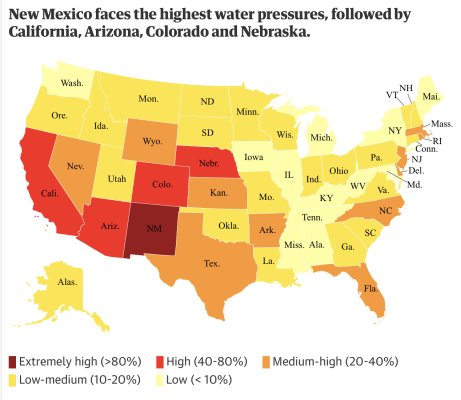We are considering a move to be closer to family in Phoenix. But not in Phoenix – too hot!
Here are some of our considerations and questions:
1) Within 2 hours drive of Phoenix
2) Summer climate similar to Denver (we will be wintering elsewhere)
3) Available and active golf, tennis, and pickleball communities
4) Biking – preferably paved or hard-packed trails/paths
5) Healthcare availability. What is the AZ ACA program like? We have 3 more years until Medicare.
6) Social scene – happy hours, wine tasting, live music, etc.
So far we have started researching Payson and Prescott. But we would like more suggestions before we narrow it down and go spend some time in the potential areas this summer.
Here are some of our considerations and questions:
1) Within 2 hours drive of Phoenix
2) Summer climate similar to Denver (we will be wintering elsewhere)
3) Available and active golf, tennis, and pickleball communities
4) Biking – preferably paved or hard-packed trails/paths
5) Healthcare availability. What is the AZ ACA program like? We have 3 more years until Medicare.
6) Social scene – happy hours, wine tasting, live music, etc.
So far we have started researching Payson and Prescott. But we would like more suggestions before we narrow it down and go spend some time in the potential areas this summer.

